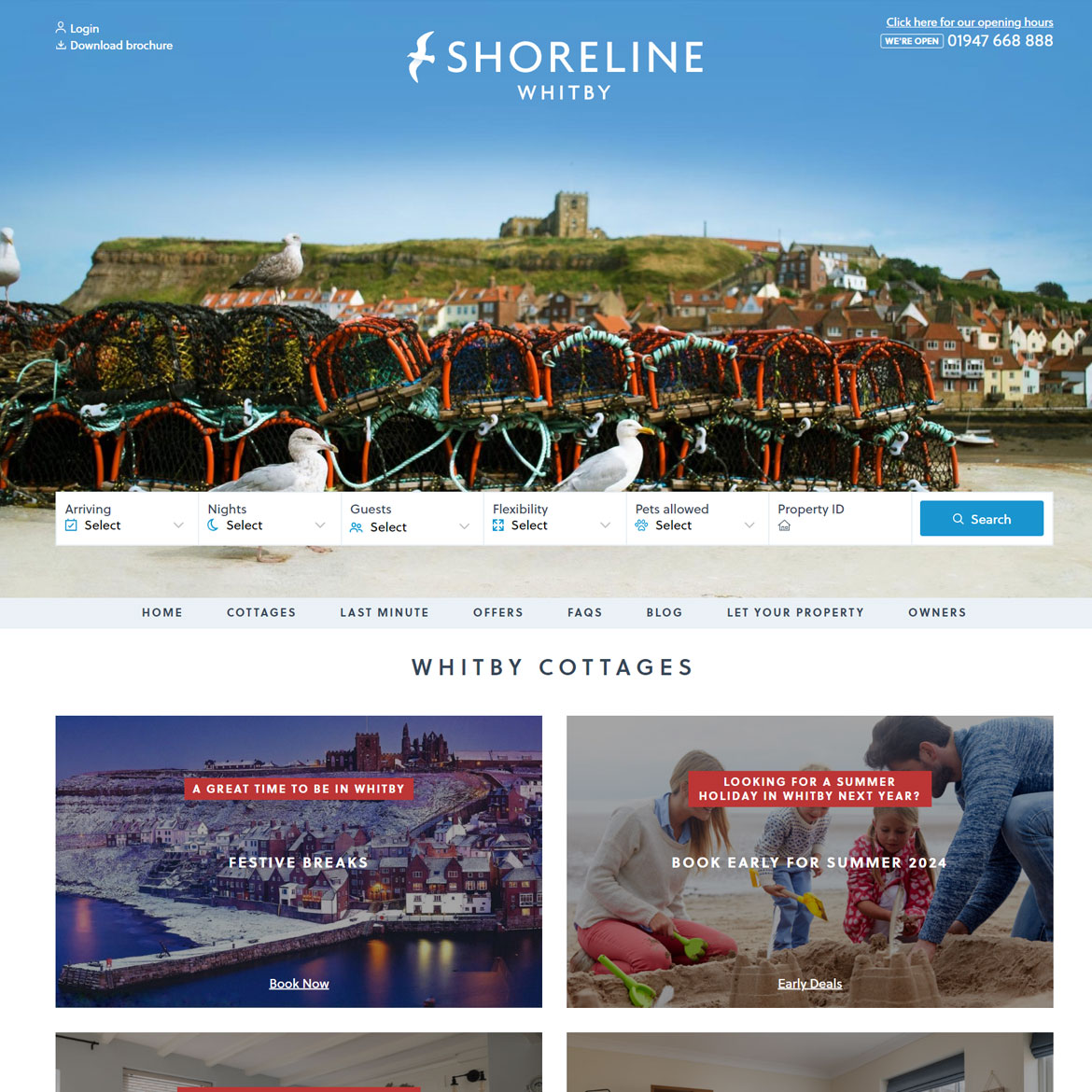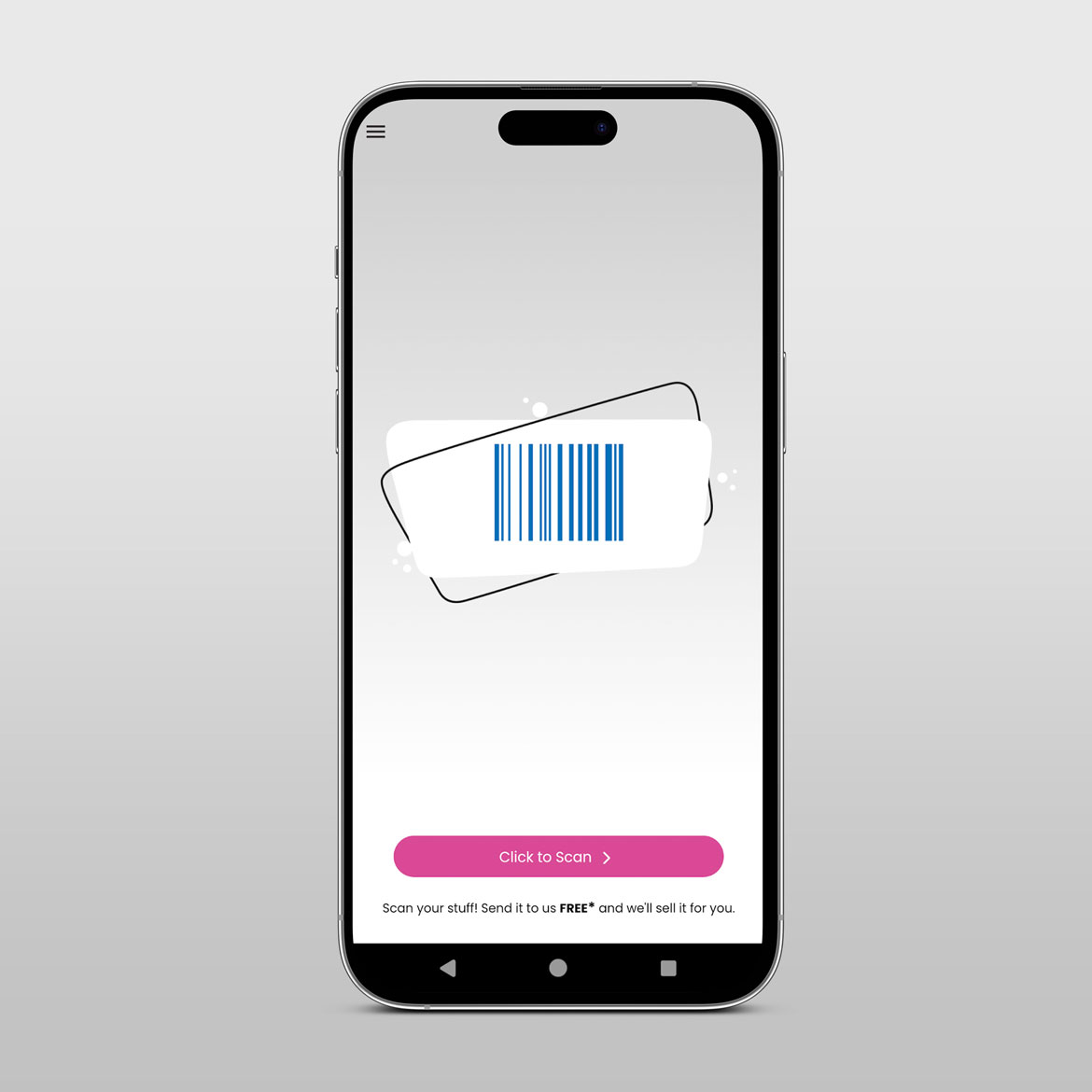
Why your Business Needs an E-commerce Commerce Agency
As the digital landscape continues to evolve, establishing a robust online presence has become imperative for businesses of all sizes. An E-commerce Agency is an invaluable partner in navigating the complexities of the online marketplace. This article delves into the essential reasons why your business needs the expertise of an E-commerce Agency to thrive in the dynamic world of digital commerce. Strategic Planning for Online Success One of the key roles of an E-commerce Agency is to develop and execute strategic plans tailored to the unique needs of your business. Through meticulous market research and competitor analysis, these agencies identify opportunities and challenges specific to your industry. By aligning digital strategies with your business goals, an E-commerce Agency lays the groundwork for sustainable online success, ensuring that every digital effort contributes to overall growth. Optimizing User Experience for Conversions Creating a seamless and enjoyable user experience is paramount in the world of e-commerce. E-commerce Agencies specialize in optimizing website design, navigation, and functionality to enhance user satisfaction. By ensuring that your website is user-friendly and responsive across devices, these agencies contribute to higher conversion rates. A positive user experience not only attracts potential customers but also encourages them to complete transactions, driving revenue for your business. Digital Marketing Expertise for Visibility The digital marketplace is crowded, and standing out requires a comprehensive digital marketing strategy. E-commerce Agencies bring a wealth of expertise in areas such as search engine optimization (SEO), social media marketing, and online advertising. By strategically leveraging these channels, they enhance your online visibility, attract targeted traffic, and increase brand awareness. This, in turn, positions your business as a competitive force in the digital realm. Technological Innovation for Competitive Edge Staying ahead in the ever-evolving digital landscape requires continuous technological innovation. E-commerce Agencies are at the forefront of integrating cutting-edge technologies into your online operations. From implementing artificial intelligence to utilizing data analytics, these agencies ensure that your business remains agile and adaptable. Technological innovation not only enhances operational efficiency but also sets your business apart from competitors. Metrics Tracking and Informed Decision-Making Measuring the success of your e-commerce initiatives is crucial for refining strategies and achieving sustained growth. E-commerce Agencies utilize advanced analytics tools to track key performance indicators (KPIs). This data-driven approach provides valuable insights into customer behavior, sales trends, and marketing performance. Armed with this information, your business can make informed decisions, continuously optimize strategies, and stay responsive to the ever-changing demands of the digital marketplace. In conclusion, the expertise of an E-commerce Agency is indispensable for businesses seeking to thrive in the digital era. From strategic planning and user experience optimization to digital marketing expertise, technological innovation, and informed decision-making through data analytics, these agencies offer a holistic approach to achieving and sustaining success in the competitive e-commerce landscape.



















































































